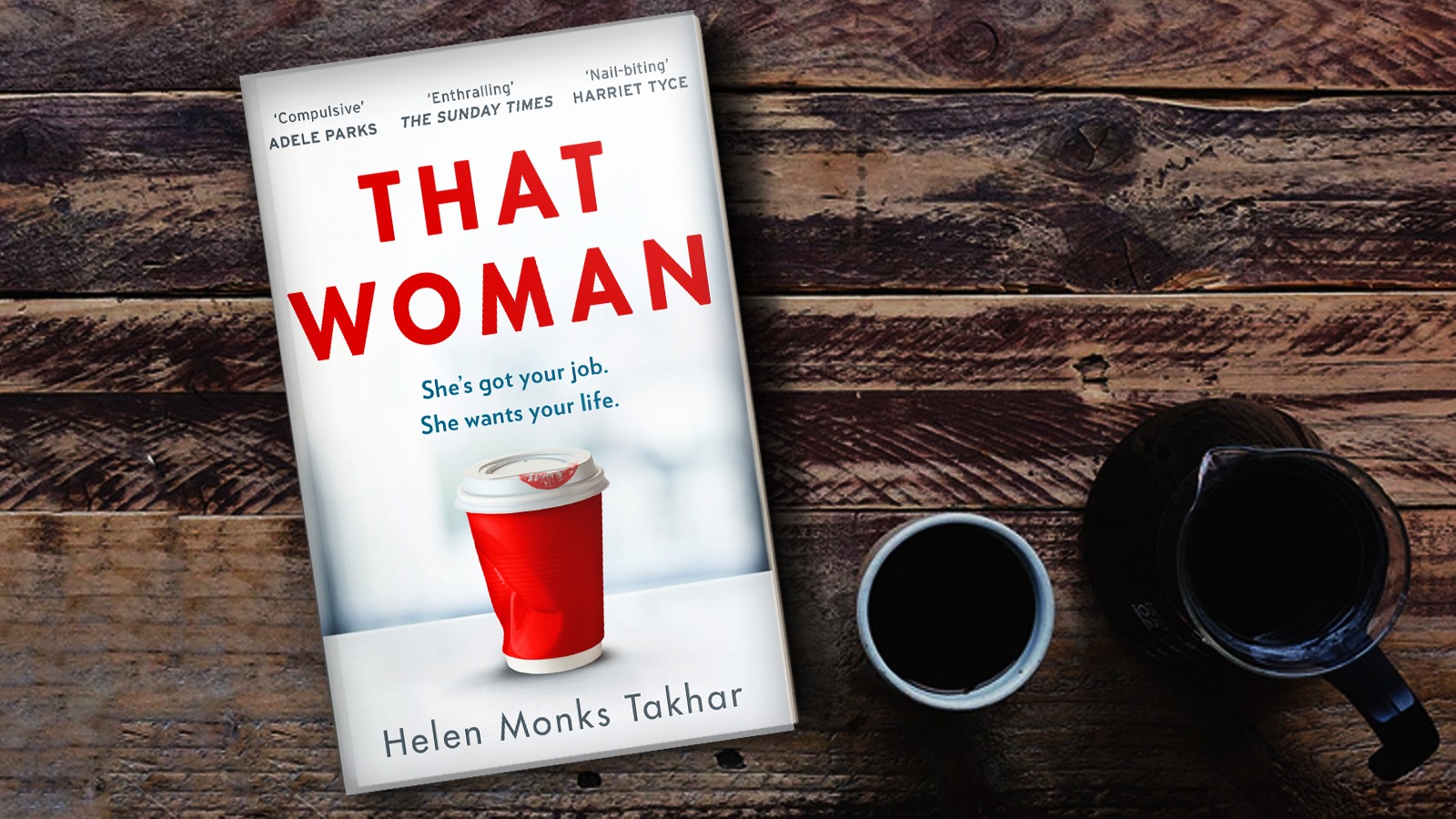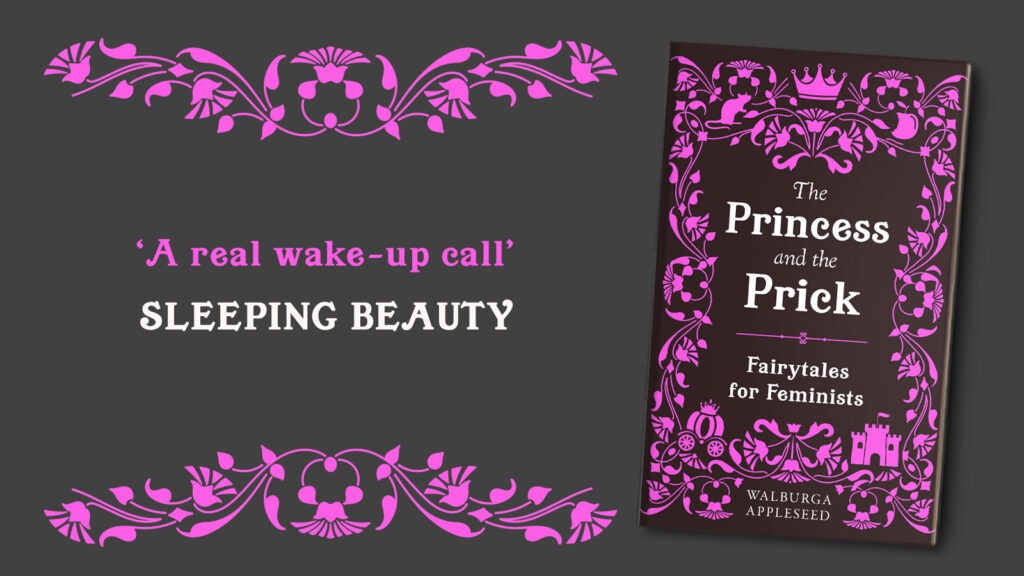To celebrate the upcoming paperback release of her chilling psychological thriller That Woman, Helen Monks Takhar explores whether it’s still possible to be kind now that we’ve returned to the office.
Can ‘Be Kind’ hold up in the return to the office?
I couldn’t help but listen. The doctors at the clinic were running about an hour late. The two receptionists, both women, had been helpful and polite when I asked when I might be seen next. They weren’t quite so courteous when it came to the female colleague their conversation revolved around for most of my sixty minutes in the waiting room.
I caught some choice snippets along the lines of: ‘When she first joined, I thought she was just a private person, but then I realised she keeps herself to herself because she thinks she’s the bee’s knees’; ‘She came in here thinking she’s better than everyone else and she can do everything better than all of us,’ and, ‘She’s always outside making personal calls.’
The pandemic was once characterised as much by collective kindness – clapping on our doorsteps, the army of volunteers who ensured vulnerable people were fed and arms jabbed – as it was by the loss of lives and freedoms. But those uplifting elements that made the Covid calamity bearable for some of us are at risk of fading as the UK and its workplaces begin to return to something like normal post-lockdown and furlough.
See the vitriol facing GPs at breaking point because of the ongoing pandemic and the backlog of everything else that ails us. Witness the insidious creep of colleagues’ pleas of ‘Be Kind’ interpreted as demands to write-off incompetence, and the rise of the notion of ‘playing the mental health card’, where being open about mental struggles is heard as asking for carte blanche on bad employee behaviour. I recall one particular thread on Mumsnet where a user called out the co-worker of a poster struggling with the impact of this particular colleague’s fragile mental health as ‘lazy’ and using her issues ‘as an excuse.’
As more employers begin to encourage the end of working from home and a return to the workplace, a recent report by the Financial Times showed a higher share of women than men want to spend three days or fewer in the office. We can assume some of this is down to women’s caring responsibilities, but there’s likely something else about the specifically female experience of workplaces that makes it less than alluring for some.
One survey respondent pointed to ‘bitchy’ conversations, as well as expectations around showing up for work perfectly pristine and fully made up as factors making her less enthusiastic about returning to the office. This reminded me of the mind-boggling six-hundred hours in hair and makeup that Hillary Clinton wasted during her 2016 presidential campaign. But as Clinton pointed out, when she’d decided to give the foundation a miss for a day, it made the news.
So, the extra expectations around their appearance in the office, despite whatever else they have on their plate and where their time might be more worthily spent, may notch up the pressure on women as they return to the office. But arguably, it is caring responsibilities that take this stress to the next level. As The Observer recently reported, family charities have seen increasing numbers of mothers and pregnant women being made to return to workplaces against their preference.
Perhaps now more than ever women, in particular, should be cutting each other some slack, retaining some of that rainbow-hued #BeKind spirit of 2020 should a female colleague show up late, distracted by matters mental or familial, creased and bare-faced. But those forces that mean women could use each other’s support in the great shuffle back to the office are likely the very same ones that lead to hour-long takedowns of fellow female colleagues, such as I witnessed at the clinic.
Most of us will not be inured to the dark satisfaction of the office bitchfest. Like the moment the nail rakes the flesh where a mosquito has bitten, the pleasure can be exquisite for a split second before, more often than not, proving instantly regrettable; the pain and damage done not worth the momentary release. But for women in a post-Covid workplace, the imperative to walk the talk on ‘Be Kind’ and not effectively do the patriarchy’s work for it by dragging each other down at work is even stronger.
This is not to blame women for the inequalities we still face at work or undermine the need for structural change, the urgent shifts needed in policy around ensuring equal pay and affordable quality childcare, to prevent what some commentators are, somewhat awkwardly, calling the post-pandemic ‘she-session’ – an economic downturn where job and income losses are affecting women more than men. This is a quiet plea for us to think again before giving in to the urge to verbalise our worst thoughts about certain female colleagues.
In my novel That Woman, a forty-something magazine editor is at once bewitched and outraged by a new, younger, more effective colleague. Their story sees female workplace rivalry against a backdrop of sexism and ageism (and some pretty specific personal histories) spiral into a dangerous cat-and-mouse game. In another universe, these women could have ruled their place of work together instead of destroying each other.
It would be comforting to imagine that in the real world, this period of renegotiation for women at work will be defined more by mutual understanding and the forming of new alliances than the return of scratching the office-bitch itch.
That Woman by Helen Monks Takhar is out this Thursday. Buy your copy in your local bookshop, bookshop.org, Waterstones or Amazon.





